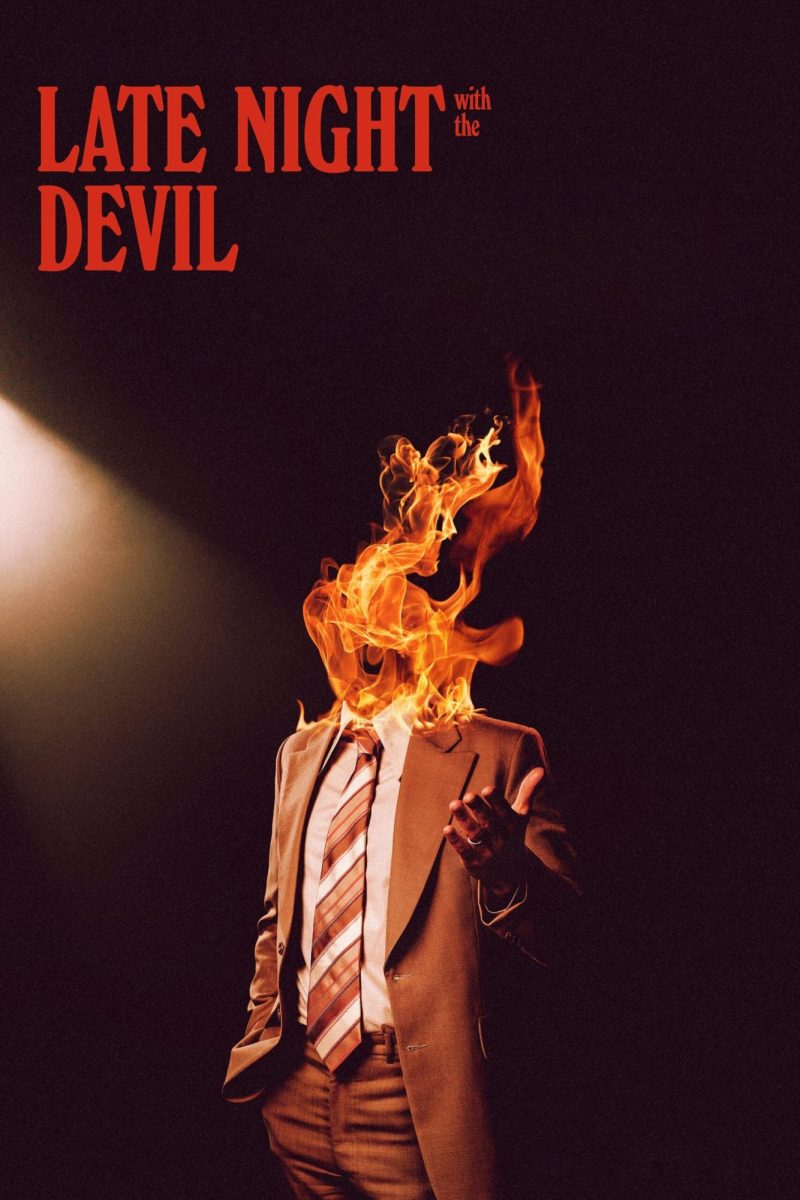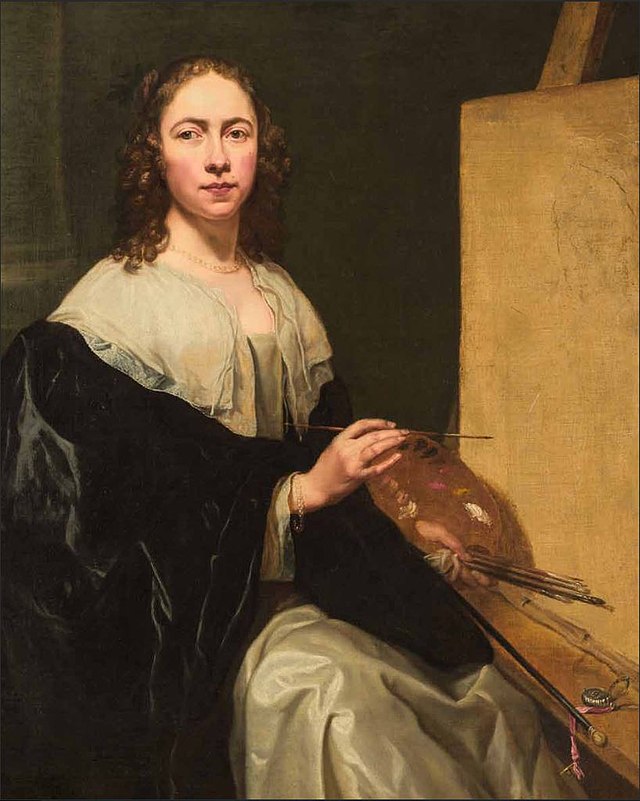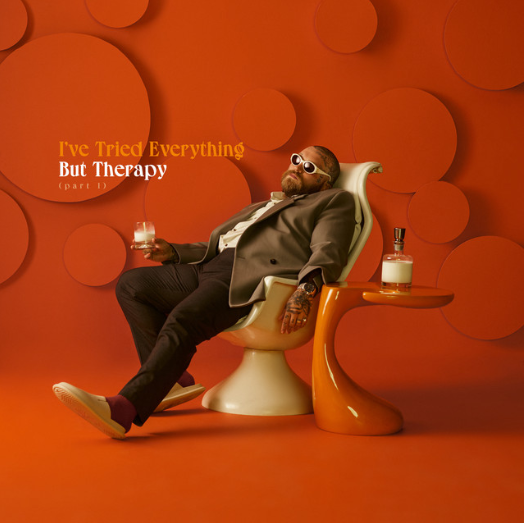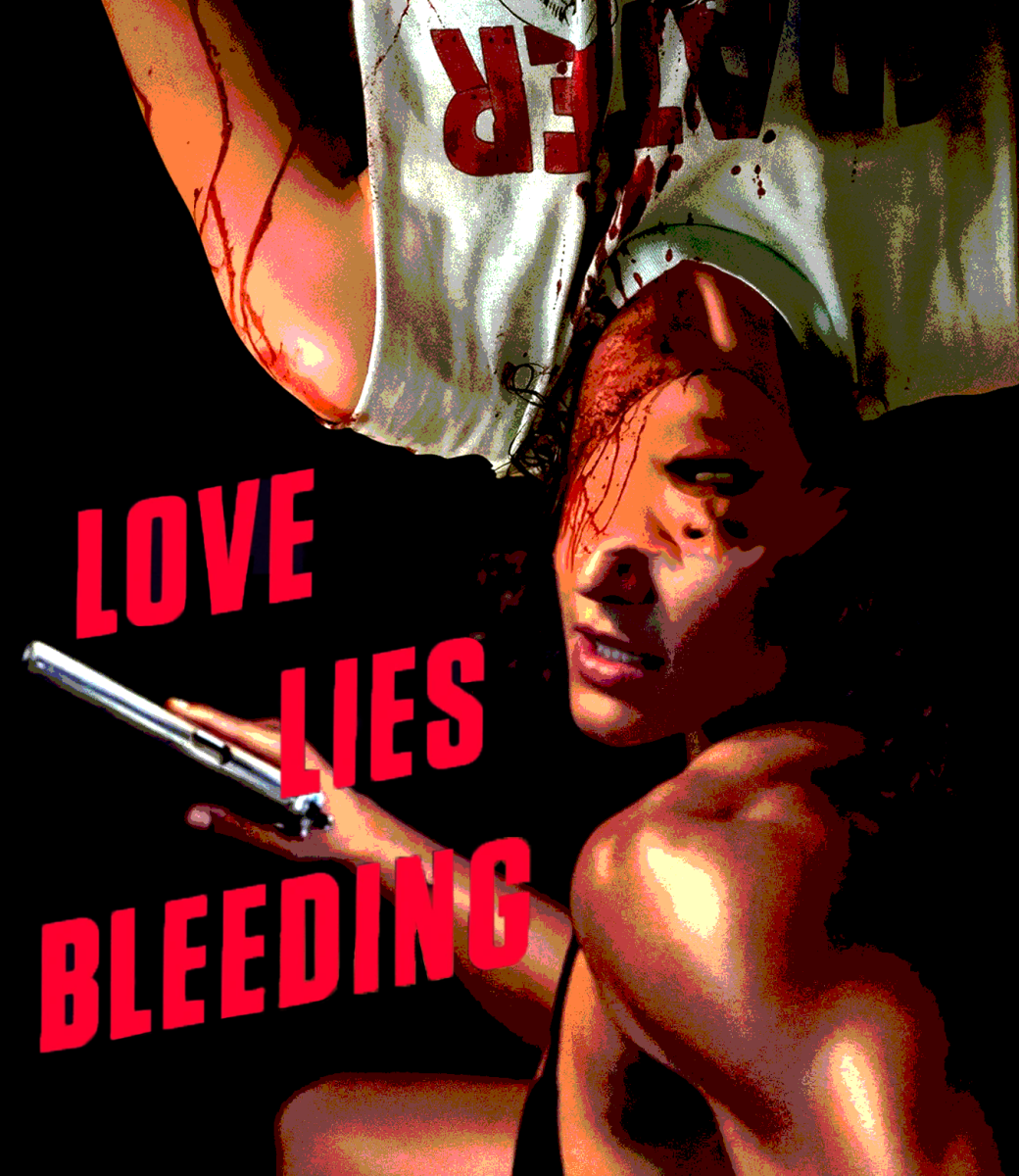Coming to theaters Friday, Feb. 20, “The Duff” is yet another film surrounding contemporary high-school life. The film stems from a novel of the same name, written by then seventeen-year-old Kody Keplinger. “The Duff” takes a look at some pretty big issues, including body image and cyber bullying, to name a few. However, where the film could have strived to alter these negative aspects of teenaged society, it instead felt more like a continuation of its components, never truly resolving the issues at hand.
“The Duff” stars Mae Whitman, formerly of the television show “Arrested Development,” and film “The Perks of Being a Wallflower,” as Bianca, a seemingly happy high-school student who finds out that she is the “designated ugly fat friend” of her friend group. From the beginning, I had an issue with the term “DUFF” being used; I really hope that this is not the case in schools today. However, I assumed that the term’s image would be shattered, and that our protagonist Bianca would overcome this terrible title. Instead, I was given a character with potential that appeared to succumb to the name under a masculine gaze.
The film as a whole did garner scenes that evoked humor, and the chemistry between the two leads was obvious. I found that veteran actors Allison Janney (Bianca’s mother) and Ken Jeong (Bianca’s teacher) held the film together. Janney knows how to bring the laughs, especially in this type of film. Each acted as motivators for Bianca, at home and at school, respectively. After Bianca discovers what people are saying about her, she attempts to “de-DUFF” herself, with the support of her neighbor and “DUFF”- identifier, Wesley (Robbie Amell).
It becomes clear during the process that the two start to get feelings for each other, and their banter demonstrates their growing attraction.
Additionally, some of the editing techniques of the film, for example the use of hashtags, provided a relatable avenue to connect with the story. These are parts where the film shows promise.
Unfortunately, other elements of the film make it hard to truly connect with it or have it stand out amongst the plethora of other teenage-makeover stories. There were even some songs used in the film that immediately reminded me of other films. I’m not sure if the songs were used as an ode to previous films, but I found myself wanting more originality with the soundtrack. Some camera shots and editing sequences reminded me of other films. There were chances here in which the camera work could have been different, yet it looked unexceptional.
The film’s main villain, Madison (Bella Thorne), was lackluster; her character never expanded as much as it could have. Most of the time, we see her forcing her way, but she never really feels that formidable.
As a whole, the film’s comedy-aspect lacked strengths; comprised of mild humor that worked, jokes that went too far, and gags that held too much time on screen. To me, the latter two helped led the film toward its inadequacy.
Overall, the film attempted to tackle issues pertinent in society today, though not in the most effective manner.






